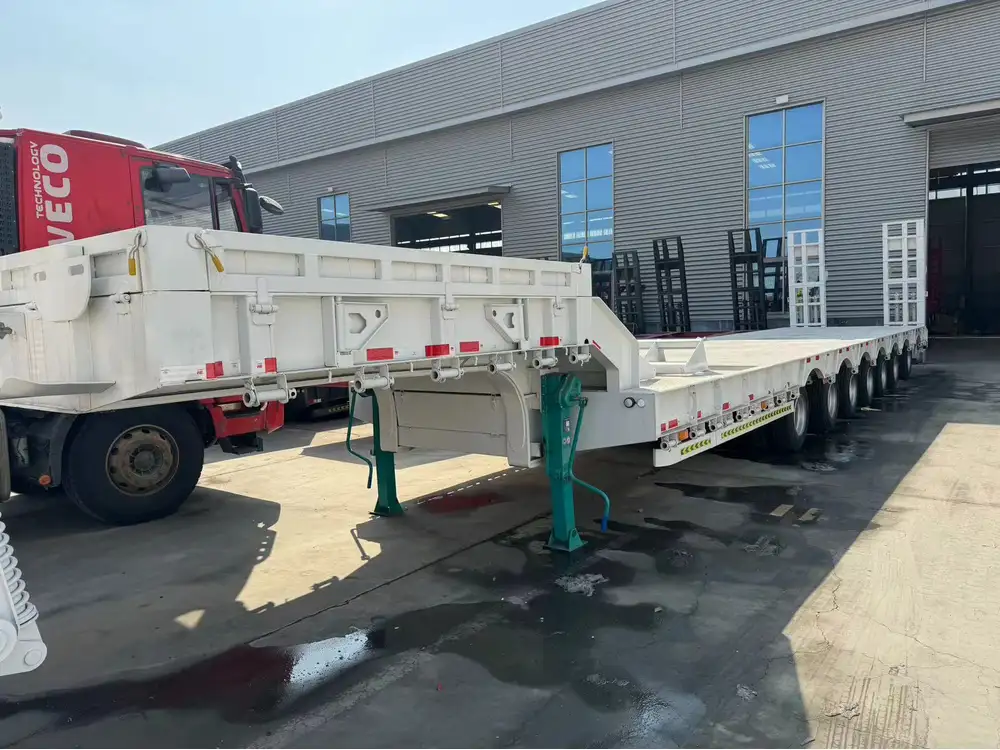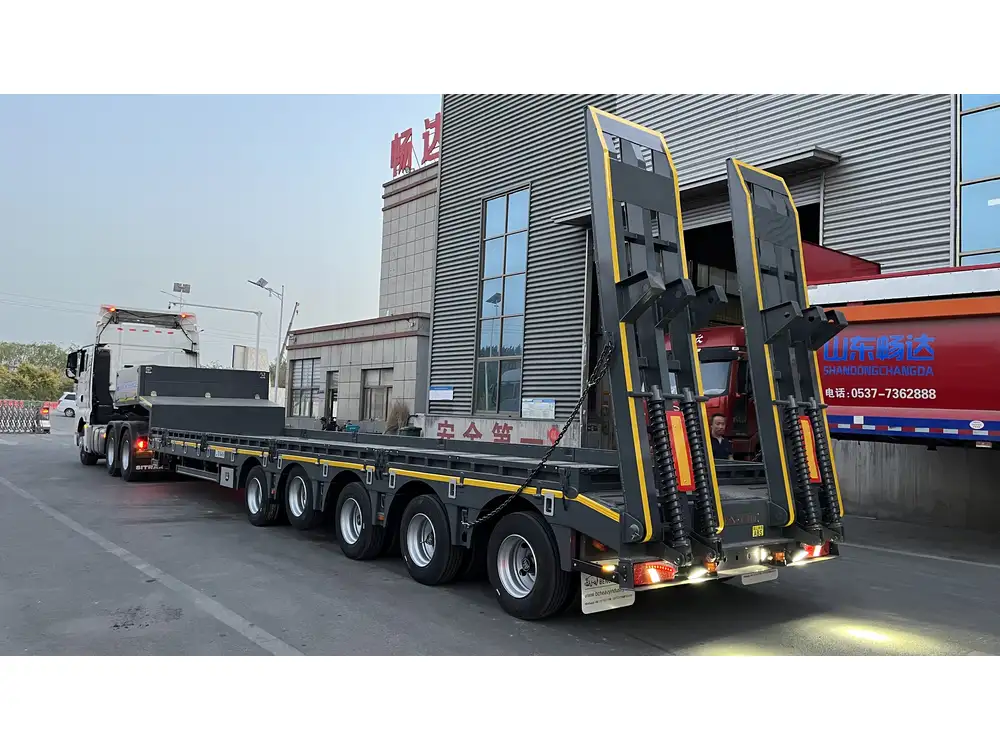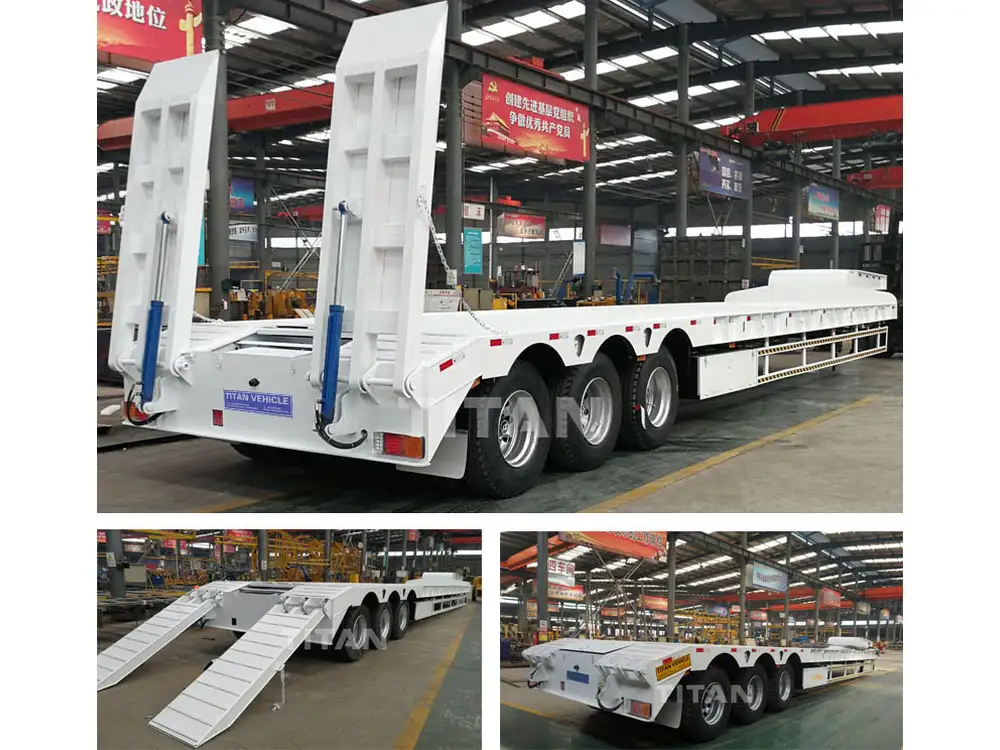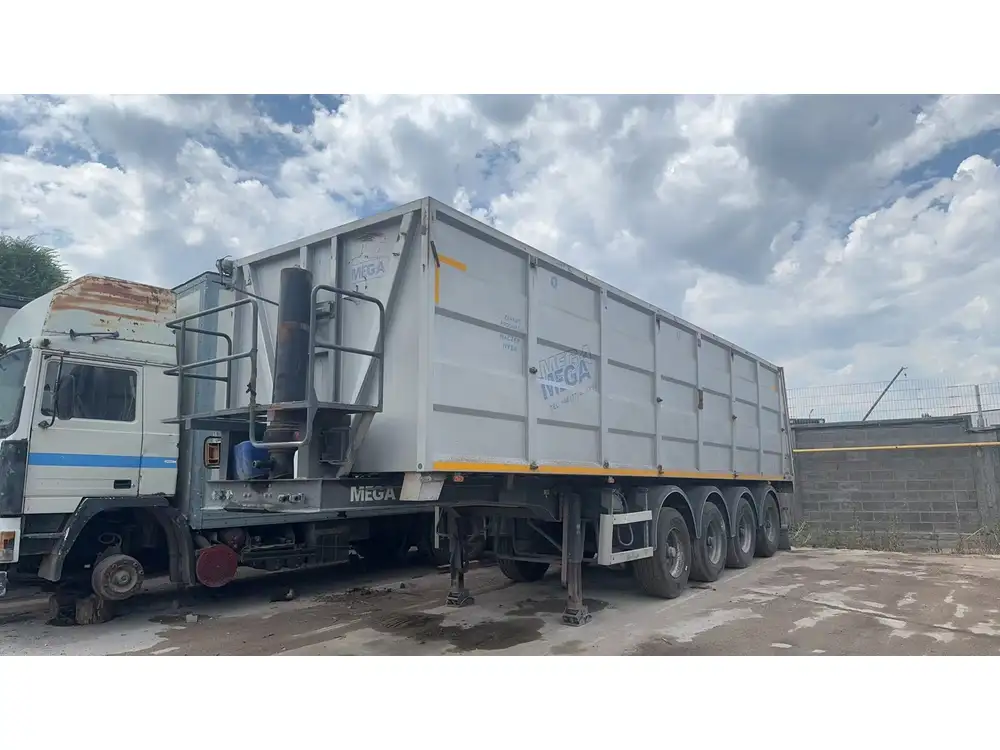When navigating the world of commercial transportation, questions often arise regarding the compatibility and legality of semi-trailer plates on semi trucks. This article will delve into the intricate details surrounding this query, providing clarity on regulations, potential pitfalls, and practical insights for operators in the transport sector.
The Basics of Semi-Trailer Plates
A semi-trailer plate, also known as a trailer registration plate or license plate, is vital for any trailer used in hauling goods. These plates serve two primary purposes: identification and regulatory compliance. They help authorities ensure that trailers adhere to safety standards while also facilitating the tracking of vehicles for various purposes.
Key Features of Semi-Trailer Plates
| Feature | Description |
|---|---|
| Identification Number | Unique series of letters/numbers to distinguish each trailer |
| State Issued | Plates are usually issued by the state of registration |
| Expiration Date | Indicates the registration validity |
| Safety Compliance | Allows authorities to verify if the trailer meets safety regulations |

Can You Use a Semi-Trailer Plate on a Semi Truck?
The fundamental query at hand: Can you use a semi-trailer plate on a semi truck? The answer is often more nuanced than a simple yes or no. Typically, semi-trailer plates are designated exclusively for trailers, while semi trucks require their own distinct registration and plates.
Distinguishing the Two Types
While a semi-trailer plate is meant for the trailer, a semi truck operates as a separate entity with its own regulatory and legal requirements. The semi truck often carries its own set of identifiers which must be compliant with the laws of the state it’s operating within.
Legal Compliance: Using a semi-trailer plate on a semi truck can lead to regulatory issues. Each state has its specific laws regarding vehicle registration, and violating these can incur hefty fines.
Insurance Implications: In the event of an accident, using incorrect plates may void insurance coverage. Insurers require proper registration to validate claims.
Regulatory Framework Governing Trailer and Truck Plates
Given the complexity of transportation regulations, understanding how federal, state, and local laws govern the use of semi-trailer and semi truck plates is essential for operators.

Federal Regulations
At the federal level, the Federal Motor Carrier Safety Administration (FMCSA) sets standards for vehicle registration. Semi-trailer and semi truck plates fall under these rules.
State Regulations
Specific regulations vary significantly from one state to another. Below are some common aspects to consider:
- Registration Requirements: States typically mandate separate registrations for trailers and the trucks that tow them.
- Weight Class Differences: The weight classification of a semi-truck versus a trailer may require differing types of registrations and plates.
- Renewal Periods: Each state establishes its own frequency for registration renewals, with penalties for lapses.
Important Note: It is crucial for truck operators to check with their state’s Department of Motor Vehicles (DMV) or equivalent authority for precise regulations.
Benefits of Proper Registration
Registering each vehicle correctly optimizes operations in several ways:

Enhanced Safety and Compliance
- Regulatory compliance minimizes legal risks and enhances road safety.
- Ensures vehicles are inspected regularly, addressing maintenance issues early.
Legal Protections
- Proper registration affirms ownership, protecting against theft.
- Facilitates smooth claims processes with insurers during incidents.
Operational Efficiency and Peace of Mind
Having the right plates and registrations in order reduces administrative burdens and potential penalties.

Common Misconceptions About Semi-Trailer Plates and Truck Registrations
Numerous misconceptions can lead operators astray. Addressing some of these can clarify common misunderstandings:
Myth #1: “Trailer Plates Can Be Interchanged with Truck Plates”
- Reality: Every vehicle type requires its own specific registration and plates to comply with legal requirements.
Myth #2: “One Plate Suffices for Multiple Vehicles”
- Reality: Each vehicle must bear its individual plate for identification and tracking purposes.

Myth #3: “If My Truck Can Tow a Trailer, It Can Use the Same Plate”
- Reality: Towing capability does not eliminate the need for specific registration for both the truck and trailer.
Best Practices for Registration and Compliance
To avoid complications, adhering to established best practices for ensuring accurate registrations is crucial.
Steps to Correctly Register Your Semi Truck and Trailer
Research State Requirements: Before proceeding, familiarize yourself with both state and federal requirements attached to semi trucks and trailers.
Gather Necessary Documentation: This usually includes proof of ownership, identification, and any required inspections.
Complete the Appropriate Applications: Look for specific forms designated for truck and trailer registration, ensuring they are filled out comprehensively.
Regularly Update Registrations: Keep track of registration expiration dates and renew accordingly.
Consult Legal or Regulatory Experts: For operators managing multiple vehicles, consulting with experts in transportation laws can prevent inadvertent mistakes.

Frequently Asked Questions (FAQs)
To further clarify your concerns, here are some frequently asked questions regarding semi-trailer plates and semi trucks:
Q1: What if I receive a citation for improper registration?
- Response: If you receive a citation, it’s essential to address the issue immediately, potentially consulting with a legal expert familiar with transportation law to understand your options.
Q2: Are there penalties for operating a semi truck without proper plates?
- Response: Yes, operating a semi truck without appropriate registration can lead to fines, impoundment of the vehicle, and complications with insurance.

Q3: Can I have both my truck and trailer registered under the same business name?
- Response: Absolutely, many business owners choose to register their vehicles under the same name to streamline operations and maintain clear documentation.
Q4: What should I do if I sell my semi truck or trailer?
- Response: Ensure you transfer the registration to the new owner and update your own vehicle records to avoid complications.
Conclusion
Navigating the responsibilities surrounding semi-trailer plates and semi truck registrations can be intricate, but with an informed approach, operators can manage their fleets effectively and avoid legal pitfalls. Understanding state-specific requirements, ensuring proper registration, and staying updated about compliance measures are invaluable to maintaining operational integrity.
In essence, while semi-trailer plates play a crucial role in the transportation ecosystem, their appropriate application is key. For anyone operating within this sector, adherence to regulations not only enhances safety but also promotes the longevity and reliability of your business operations.



